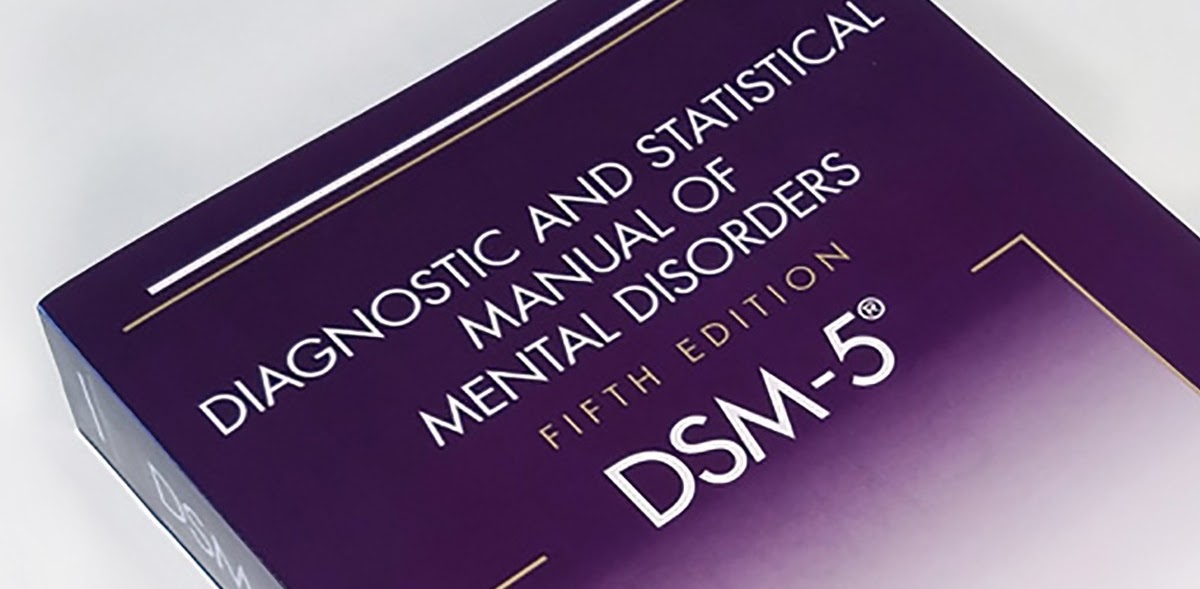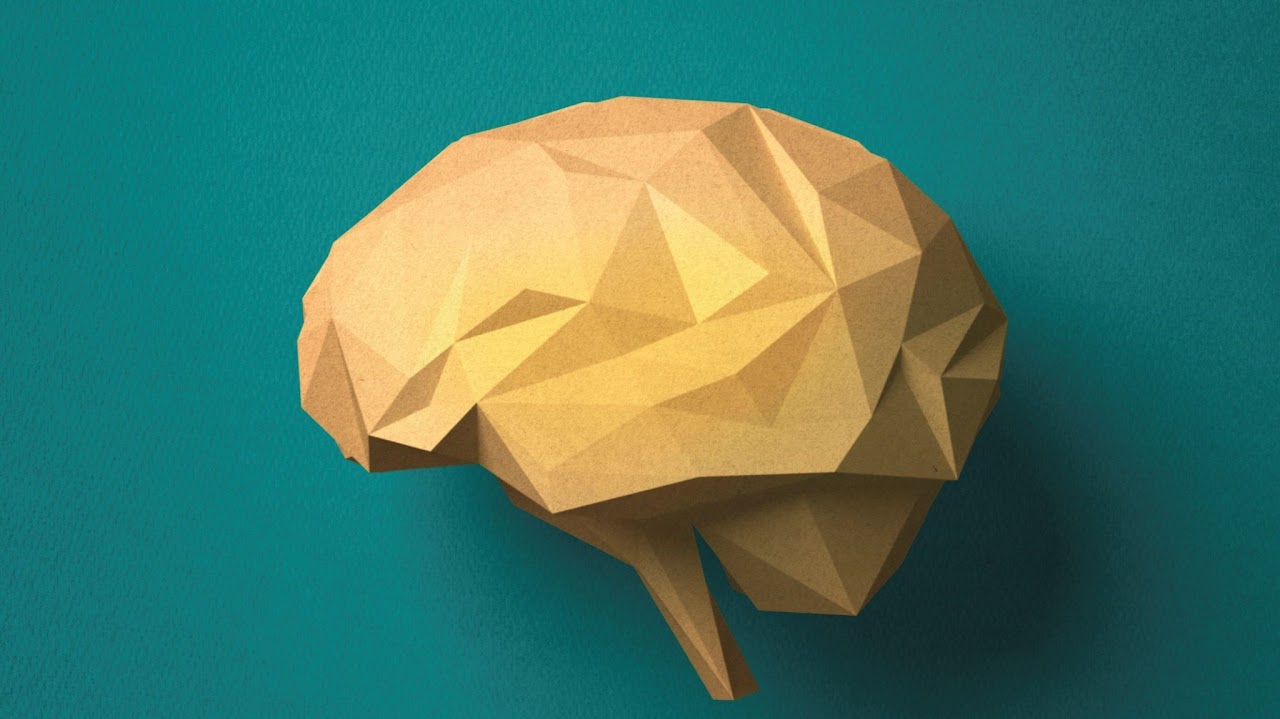Assessments
“What we see changes what we know, what we know changes what we see”
– Jean Piaget
Our Assessment Process and Philosophy
Our assessment process aims to determine holistic functioning in terms of strengths and weaknesses in order to make the most appropriate recommendations in order to support further development in the most positive and constructive manner.
Psychological
A Psychological Assessment is a process of testing and assessing an individual’s personality using a combination of techniques as assessment measures, in the context of investigating a possible psychological condition.
This process allows for the development of a treatment plan or suitable intervention based on the individual’s unique functioning, as determined by the assessment process.
Psycho-Educational
A Psycho-Educational Assessment serves to assess a child or adolescent’s psychological and academic skills. This assessment helps to establish barriers to learning that may be present and affecting a child or adolescent’s overall functioning in the school environment. Specialized tests and tasks assess; Intelligence, Language Skills, Attention / Concentration, Reading / Spelling / Writing, Mathematics, Academic Fluency, Comprehension, Oral Expressive Skills, Visual Motor Skills, and Emotional Functioning, particularly in scholastic settings.
Neuropsychological
A Neuropsychological Assessment is a comprehensive investigation into the functioning of an individual’s brain, particularly in the context of a brain injury or other neurological conditions.
The assessment encompasses a deep investigation into all domains of cognitive functioning, i.e., attentional capacity, information processing speed, learning and memory, language and communication, executive functions such as planning, reasoning and abstract thinking, motor coordination, and sensory perception.
Career and Subject Choice
This assessment process allows for self-exploration through the investigation of aptitude, interests, values, and personality to provide a holistic understanding of the self and the best-suited options for the future in terms of subjects and tertiary or other studies and career options. Towards the end of grade 9 year, learners are expected to choose subjects that they would like to continue with for the remainder of their school career.
Often their decision needs to be made in order to support their future career interest and tertiary studies. This can be very anxiety provoking as many young people at this juncture in life are not certain about their future. Then again, at the end of grade 11 learners are again required to make decisions that directly affect their future.




